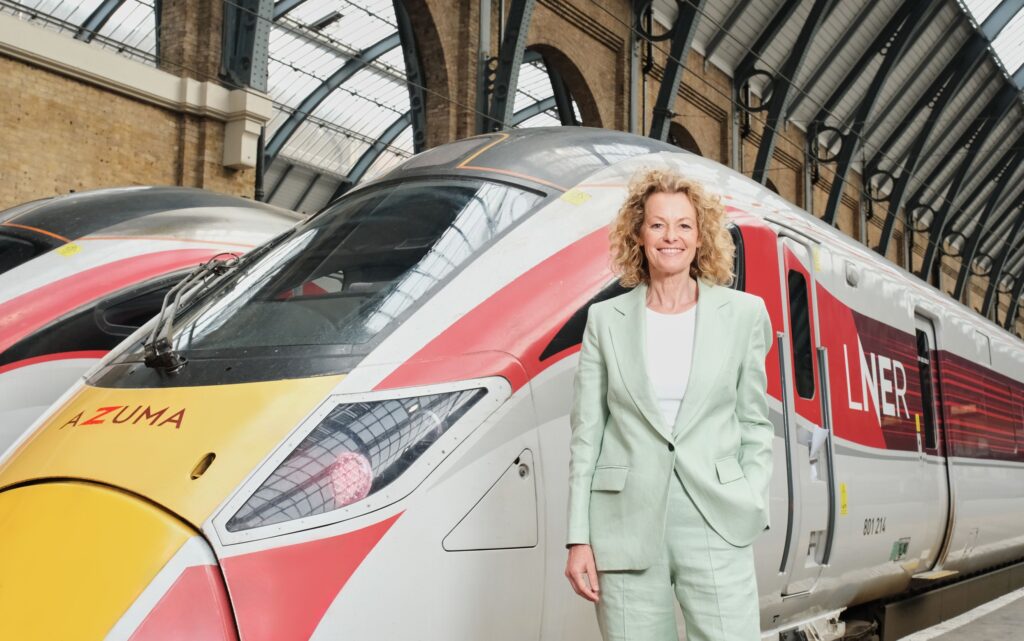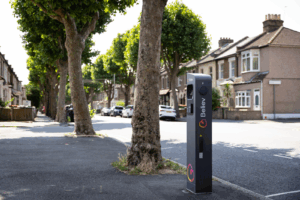How’s your carbon lingo?

More than three-quarters of Brits are confused by ‘carbon jargon’ – with carbon intensity, accounting and leakage – among the terms most baffling.
Others admit they don’t understand references such as carbon budget and carbon pricing.
The study, of 2,000 adults, found 60 per cent couldn’t explain what a carbon footprint is – and 54 per cent weren’t sure of the best way to reduce their emissions.
And 52 per cent wouldn’t feel confident explaining carbon-related terms to another person.
LNER commissioned the research as it unveiled its Carbon Saving Departures Board at London King’s Cross Station – part of a drive to make it easier for travellers to understand their impact on the environment.
Warrick Dent, from the rail company, said: “There’s a lot of confusion when it comes to carbon and understanding what various terms mean.
“Companies like ours need to make it easier to grasp, which is why we’re making it simpler to understand the environmental impact of our travel choices this summer with a new campaign to close the ‘carbon confusion gap’.
“Our Carbon Saving Departures Board compares the carbon emissions of our trains departing the station, versus planes and cars, to make it simpler to understand the environmental impact of our summer travel choices.
“We’ve also appointed a ‘Carbon Saving Conductor’ – presenter Kate Humble – to help demystify confusion around ‘carbon jargon’ and offer simple tips for a more sustainable summer and beyond.”
The study showed one in five blame carbon confusion on not being taught about carbon terminology and what it means at school.
With 41 per cent keen to see more awareness about carbon and the environment taught in educational establishments.
The research, carried out via OnePoll, found 90 per cent of adults want to limit their impact on the planet by reducing their carbon emissions.
And 64 per cent would like to make positive changes to live more sustainably.
Nearly a third (28 per cent) would like to support local food producers and suppliers in an effort to be more sustainable.
While others would like to plant trees and maintain green spaces (22 per cent) and buy from sustainable brands (20 per cent) to make a positive change.
When it comes to their upcoming holiday plans, 30 per cent would even be willing to tweak their arrangements to help benefit the environment.
With those aged 18-34 more than twice as likely as over-55s to do this (47 per cent v 22 per cent)
Yet petrol, diesel and hybrid cars – which typically emit more carbon dioxide on average than public transport – are set to be the most used modes of transport this summer (51 per cent), ahead of train (37 per cent) and walking (35 per cent).
According to additional LNER data, passengers departing from London King’s Cross with the rail company on a typical day this summer will save a cumulative 905,444 kg of CO₂ emissions by travelling by train instead of by plane or car.
This is the equivalent volume of 198 Olympic swimming pools of CO₂, or the average yearly equivalent of heating 387 UK homes.
Kate Humble said: “Carbon confusion can happen to any of us, and there’s a lot to take on board.
“I’ve been lucky enough to travel all over the world, and I always look for ways to holiday responsibly – from supporting local businesses and minimising waste, to picking more sustainable ways to travel.
“Knowing the steps you can take to reduce your carbon impact can be really powerful.
“With this campaign we want to make it easier to understand the effect of our travel choices on the environment, so we can be more informed and armed with all the information.”



